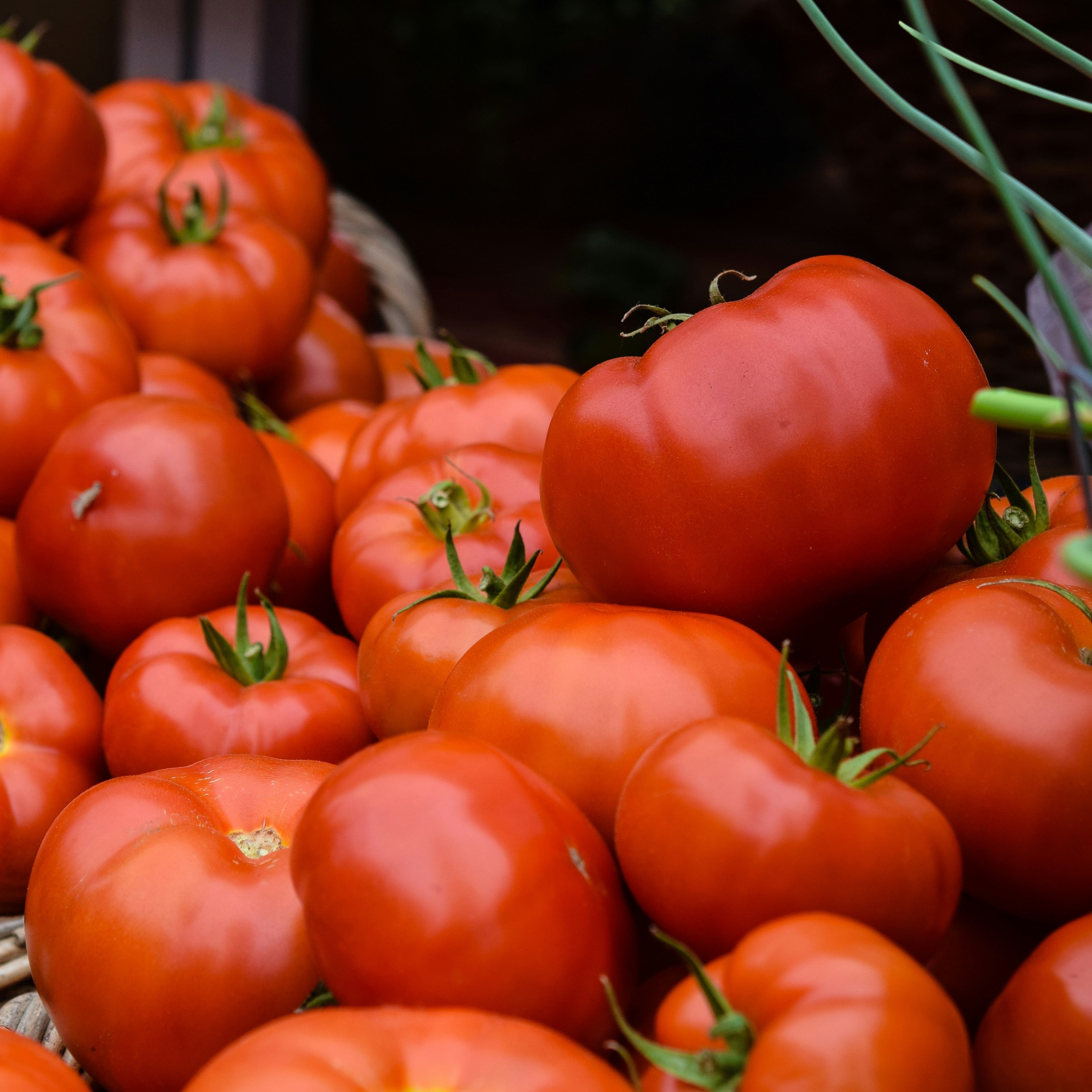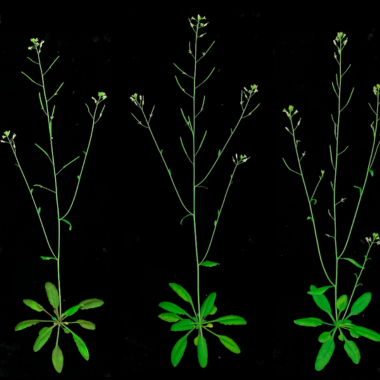Podcast: Agricultural innovation working to feed a growing population in the face of climate challenges
Show notes
On this episode, we're talking about agricultural innovation That's an area in which Michigan State University is a worldwide powerhouse. The world’s population is growing, and climate change is continuing to impact the crops we need to feed that growing population. The world's population is expected to increase by 50 percent in the next century, and demand for agriculture crops is expected to more than double by 2050.
Our panel includes three distinguished Michigan State University Professors: Felicia Wu, Bruno Basso, and Federica Brandizzi.
Conversation highlights:
(2:11) – “One of the goals is to help people benefit from the innovation we generate here at Michigan State and be able to scale it across the globe.”
(6:49) – “It is generally projected that we will have about 10 billion people on earth in the year 2050.”
(11:14) – “Especially working in the U.S., there's a strong demand by the farmers to be able to say that if there is a technology that I need to adopt to make a difference on the environment, that needs to be profitable.”
(15:12) – “The grand challenge that the center (GLBRC) is trying to address is to produce plants that are fortified in a way that they can produce more biomass and high-quality biomass for subsequent processing and production of biofuels and bioproducts. We must make sure that we can produce feed stock for the sustainable bioenergy that doesn't come at the cost of production of food.”
(17:30) – “One of the biggest challenges is to be able to see the technology developed at a pace that doesn't take a long time to be implemented and commercialized. We don't have that timeframe anymore. We have about a little less than seven years at this current rate of emission before we reach 1.5 degrees warming and about 24 years until we reach two degrees warming with the projection of detrimental impacts on the extreme events of deluge and high temperatures.”
(20:58) – “We have been planting transgenic or genetically modified crops in the United States and around the world since 1996. Gene editing can be used in the future to create crops that are not only resistant to pests but might have higher concentrations of nutrients, might be resistant to high temperatures or to drought or to heavy rainfall, or they might be able to resist being planted, for example, in soil that has a high concentration of salt.”
(23:34) – “The biggest challenge and opportunity is always to keep a focus on responsibility. We have the responsibility, I believe, to make sure that first, everybody on this planet has food available. We really must make sure that the priorities are always straight. We have the responsibility to make sure that basic human rights are protected and there is access to food and clean water. Science can influence so many sectors.”
(26:14) – “Attempting to produce lab grown meat has gone on for about two decades. The problem is that right now to produce one fully sized hamburger costs $330,000 because of the sheer technological difficulties. But if there is a way that we could improve the economies of scale and improve the technologies, then there would be benefits in terms of animal welfare, ethics, and reduced climate change emissions because producing livestock and poultry does emit a fair amount of greenhouse gases. Right now, the costs are not there, but the potential promise is large.”
(29:05) – We must be apologetic in the face of the next generation because we prioritized growth versus sustainable development. And that is changing.”
(30:36) – “I think back to the philosopher Thomas Malthus in the 1700's who claimed that the human population is growing exponentially, but food production is growing linearly. So, over time we're not going to be able to feed our global population and human society is just going to collapse. And that Malthusian theory has been stated again and again over the last 200 plus years. And thankfully it has never come to pass. Human ingenuity has always come up with new ways to provide for our society. But it's not just about growing, growing, growing. Now we need to think about sustainability. We really do need to have that as a cornerstone of everything we think about in the space of agriculture, food production, and human health. We can't keep growing forever.”
(32:03) – “I've found this to be the case that MSU is a very collaborative institution. I've been at other institutions before MSU, and it was wonderful to be at those places as well. But ever since having arrived at MSU 10 years ago, I've just found that people are willing to collaborate not just in my two departments, but pretty much all over the university. There's a lot of excitement around that. I'm part of multiple different projects across MSU and other institutions and I think that's one of MSU's greatest strengths, our collaborative nature.”
(33:22) – “Michigan State gives us the tools to meet and work together. I know that I am backed by my university and have the institutional support that makes a world of difference. MSU fosters that collaborative ethos. Scientists in general want to collaborate, but MSU provides the means and the structure to make us collaborative.”
(35:45) –Sustainability is a process. It’s a process of making sure that the inputs match the outputs in a circular way. And so we can produce what we can eat and we shouldn't go beyond that. That is what makes us sustainable.”
(38:40) – “Sustainability introduces the idea of time. Whether we make decisions as individuals or as companies or institutions, it's not just about what will be best for us in the short term, but how this would affect us five to 10 years or even longer down the road. How will this affect our children, our children's children, and generations to come?”
(40:10) – “Trust science. Science doesn't have a second agenda. Climate change poses a real risk. We can't just think about our backyard. It's a serious threat. Because of the innovation that we constantly aim to produce and often deliver through MSU innovation, technologies, or the possibility of packaging these new ideas into something that is basically adoptable across the globe brings me a level of optimism.”
(41:18) – “Because I'm a mom, I want to think about the fact that there is a good future ahead and I'm contributing to that. And my contribution wouldn't be possible without the collective help and input from everybody else in any scale from kids who recycle to the big corporations that stop thinking about the profit and more about mankind and sustainable future.”
Listen to MSU Today with Russ White on the radio and on Spotify, Apple Podcasts, and wherever you get your shows.
Origianlly posted to MSUToday.



